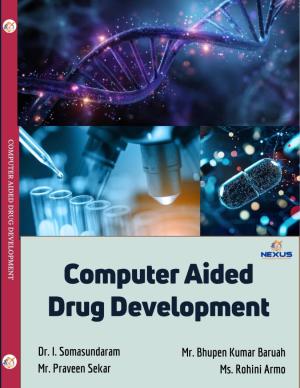COMPUTERS IN CLINICAL DEVELOPMENT
Synopsis
Computers have transformed clinical development by enhancing the efficiency, accuracy, and speed of data collection, management, and analysis throughout the drug development lifecycle. Their integration has revolutionized how clinical trials are designed, conducted, monitored, and evaluated.
???? Key Contributions:- Electronic Data Capture (EDC): Replaces paper-based systems with real-time, validated digital data entry, improving data quality and reducing transcription errors.
- Clinical Trial Management Systems (CTMS): Streamline trial logistics, including site management, patient enrollment, drug accountability, and regulatory documentation.
- Clinical Data Management Systems (CDMS): Enable secure storage, cleaning, and statistical analysis of trial data, with audit trails and discrepancy tracking for regulatory compliance.
- Remote Monitoring & Wearables: Allow continuous patient data collection and real-time oversight, reducing site visits and enhancing patient safety.
- Artificial Intelligence & Machine Learning: Detect patterns, predict outcomes, and support risk-based monitoring strategies.
- Data Standards & Integration: Use of CDISC formats and interoperability protocols ensures seamless data exchange across platforms and stakeholders.
Computers have significantly reduced trial timelines, improved data integrity, and facilitated virtual trials. As technologies like AI, blockchain, and real-world data integration evolve, clinical development is poised to become more adaptive, decentralized, and patient-centric.
Downloads
Pages
Published
License

This work is licensed under a Creative Commons Attribution-NonCommercial-NoDerivatives 4.0 International License.





